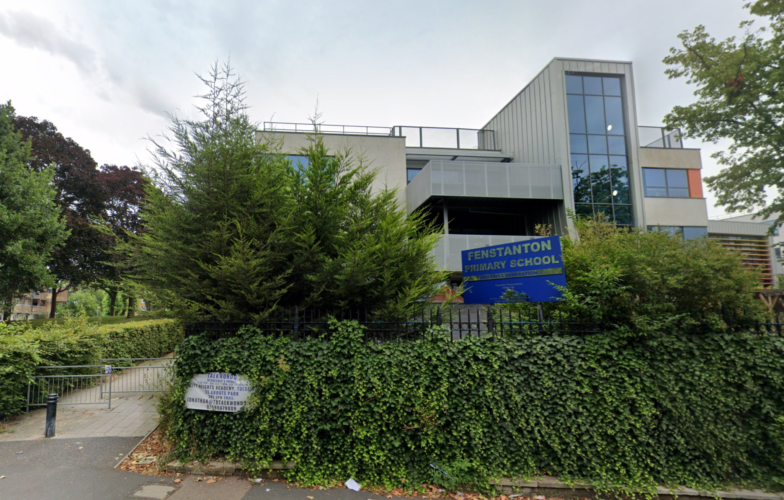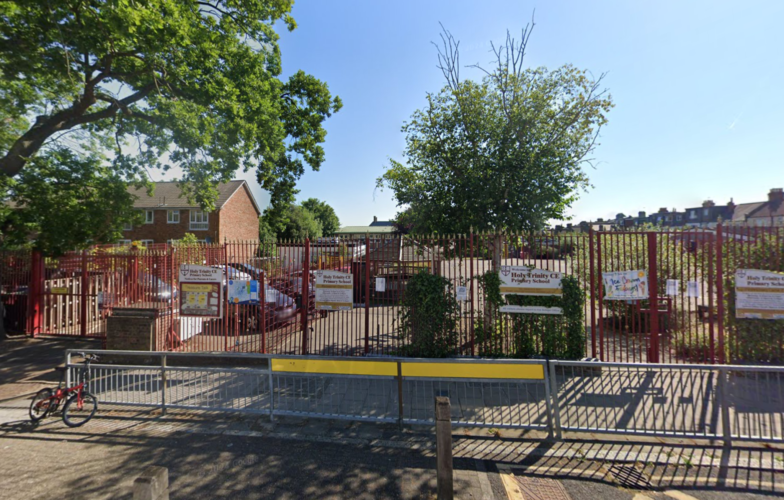National Education Union hits out at Lambeth school closure plans
The National Education Union (NEU) has hit out at a council’s plans to close a number of schools in the borough, claiming the local authority has other options available.
Last month, Lambeth council launched a consultation in response to falling numbers of children starting school in the borough. The plans proposed the closure of two schools, Fenstanton Primary School and Holy Trinity Church of England Primary School, both in Tulse Hill.
The council’s Cabinet will meet on November 4, to decide if it will adopt the measures that could apply in 12 months’ time.
The union said teachers from Holy Trinity and Fenstanton will go on strike against the potential closures on November 4 and 5. Parents, children and teachers are also set to protest outside Lambeth council on November 4, to coincide with the local authorities cabinet meeting.
In the past 10 years, the number of children starting primary school in the borough has dropped by almost 30 per cent, from 3,243 to 2,324. This has left more than 500 vacancies in reception classes alone – the equivalent of 18 empty classrooms.
The council says the financial challenge facing its education system means Lambeth schools will be £17million in debt by March 2026, if measures are not brought in.
But, Jessica Edwards, joint secretary of Lambeth NEU, described the choice to close schools as “a political one” that “does not have to be made”.

Ms Edwards said: “Lambeth council spends hundreds of thousands of pounds sending children with special needs to private SEND schools. They are currently planning to spend £6,010,000 on independent places for children with an Educational Health and Care Plan (EHCP).
“This is money that would be better spent funding inclusion in our mainstream schools and paying for new specialist provision, using buildings of schools with small numbers of children and lots of space.”
Ms Edwards said falling pupil numbers could also be an opportunity to decrease class sizes. Class sizes in the UK are among the biggest in the industrialised world, according to a recent study by the Organisation for Economic Co-operation and Development.
Ms Edwards said: “This should be a chance to have smaller class sizes – the kind of sizes we see in our ‘elite’ public schools. What is good enough for the children of the wealthy, should also be good enough for all children.”
The council and the union have called on the Government to reform the National Funding Formula (NFF), which both parties claim “disadvantages schools in urban areas”.

The previous government changed the way schools are funded so they receive funding on a per pupil basis rather than need, which creates financial pressures when faced with falling pupil numbers.
A Lambeth council spokesman said: “We now have 1,000 fewer children starting at Lambeth primary schools, which means empty classrooms, and under the national funding formula fewer pupils means less money, which risks sending schools into unsustainable debt.”
Earlier this year, research by the Education Policy Institute (EPI) said Lambeth is projected to see England’s largest percentage drop in pupil numbers at primary level – a loss of 24.5 per cent, and secondary level – 18 per cent, between the school years 2022-23 and 2028-29.
Lambeth was also identified as the borough with the largest potential decrease in funding, with 21.2 per cent at primary and 15.7 per cent at secondary level.
A Department for Education spokeswoman said: “The NFF distributes funding based on pupil numbers in the previous October census to give schools who see a reduction in their pupil numbers time to reorganise costs before it impacts their budgets. The formula is regularly reviewed to ensure it is fair.”
A Lambeth council spokesman said the proposal to close schools came from “an incredibly difficult situation” and was not a process that it wanted to be undertaking.
He said: “But this issue isn’t one that is going away, so we need to act which is why we have developed these proposals.
“Protecting education is our priority so tough choices do need to be made. We have great local primary schools, providing really high-quality education taught by excellent school staff.
“We have listened to the community and taken their views into account in developing this proposal which aims to protect the high quality primary school education in Lambeth.”
Pictured top: Lambeth council’s town hall in Brixton/ Jessica Edwards, joint secretary of Lambeth NEU (Picture: Robert Firth/ Jessica Edwards)
